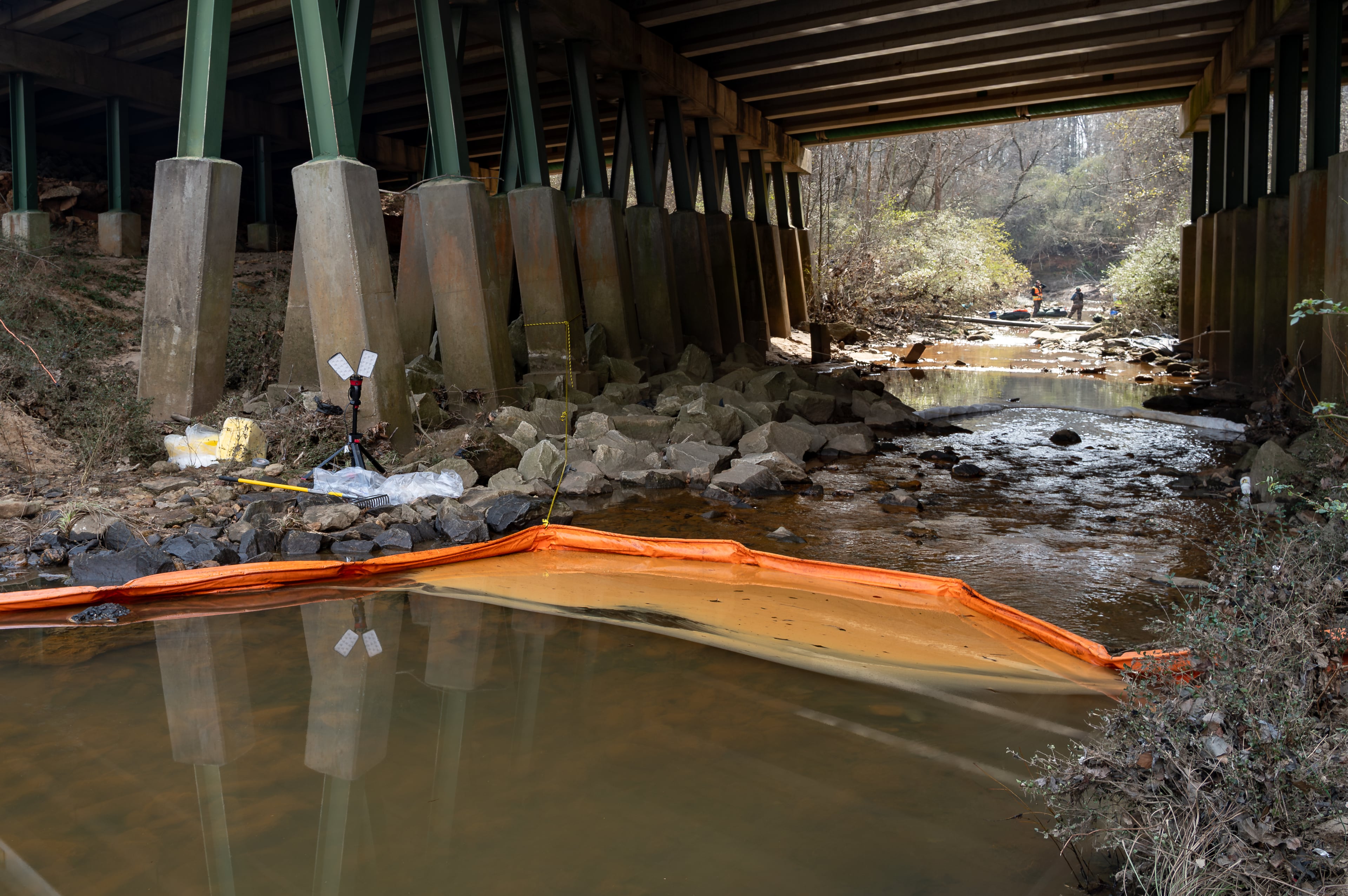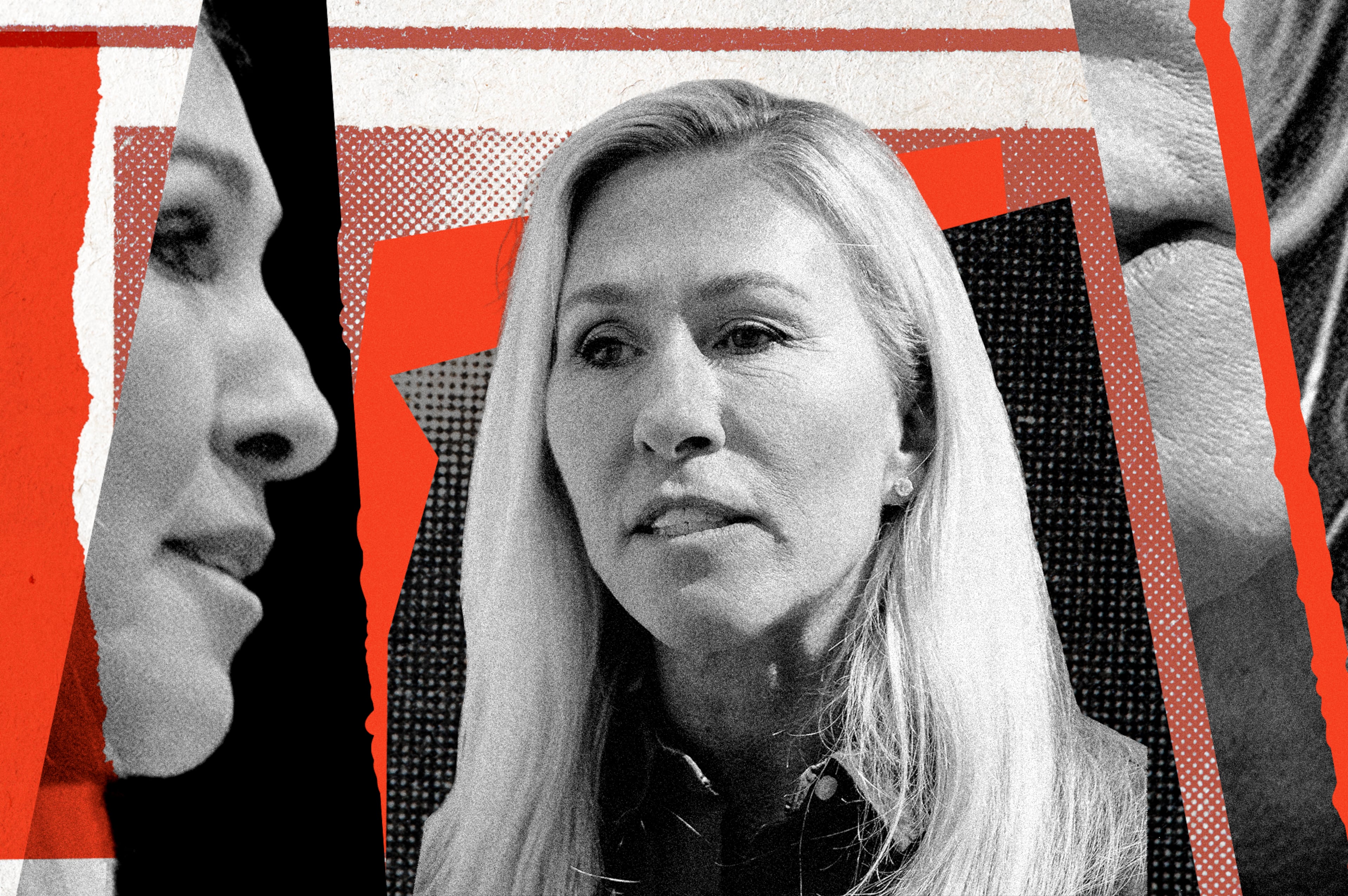Ryder adds to metro Atlanta’s warehouse economy with planned 250 jobs

Growing logistics company Ryder System will invest $44 million in a new third-party distribution center in Locust Grove that is expected to create more than 250 jobs.
It joins the burgeoning growth in warehousing and distribution centers that plays to metro Atlanta’s strengths as a logistics center. Companies move goods nationally though the airport and rail and highway systems that are easily connected to international markets through the ports of Savannah and Brunswick.
“Locust Grove is a growing city in Georgia, so it was a natural fit for our next facility location,” said company supply chain president Steve Sensing in a written statement. “By increasing our footprint, we improve our customers’ speed-to-market, which is critical in today’s highly competitive environment.”
A spokesperson for the state Department of Economic Development said that negotiations over incentives offered to lure the company to Henry County are still being negotiated.
Ryder already has a strong presence in Georgia, managing 59 operations and employing more than 2,900 people. It began as a small trucking company in Miami in 1933, but has moved into vehicle sales, leasing, warehousing, and supply chain and e-commerce management. Two months ago, it announced the purchase for $480 million of Whiplash, a California-based e-commerce specialty company that operates 19 warehouses and distribution centers.
Its new 678,000 square-foot distribution center, off I-75 and about 35 miles south of Atlanta, will be hiring warehouse pickers, packers and shippers, forklift operators and managers.
Metro Atlanta was a top destination for warehouse growth in the U.S. last year. It had 22 million square feet of warehouse and distribution facilities under construction in a tally in the spring of 2021. It trailed only Dallas and Chicago, according to brokerage Colliers International. Over the past four years, the region’s warehouse space grew 16%, behind only Dallas and Phoenix.
Warehouses bring jobs and tax revenue for local governments. But they also generate lots of traffic and noise. And they are popping up not only in outlying areas but also intown, as e-commerce continues to grow and consumers expect to have products delivered to doorsteps in hours.



